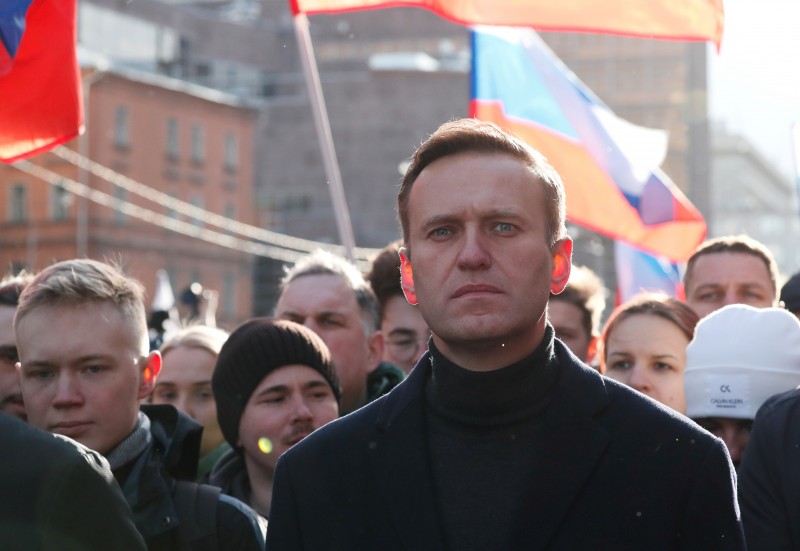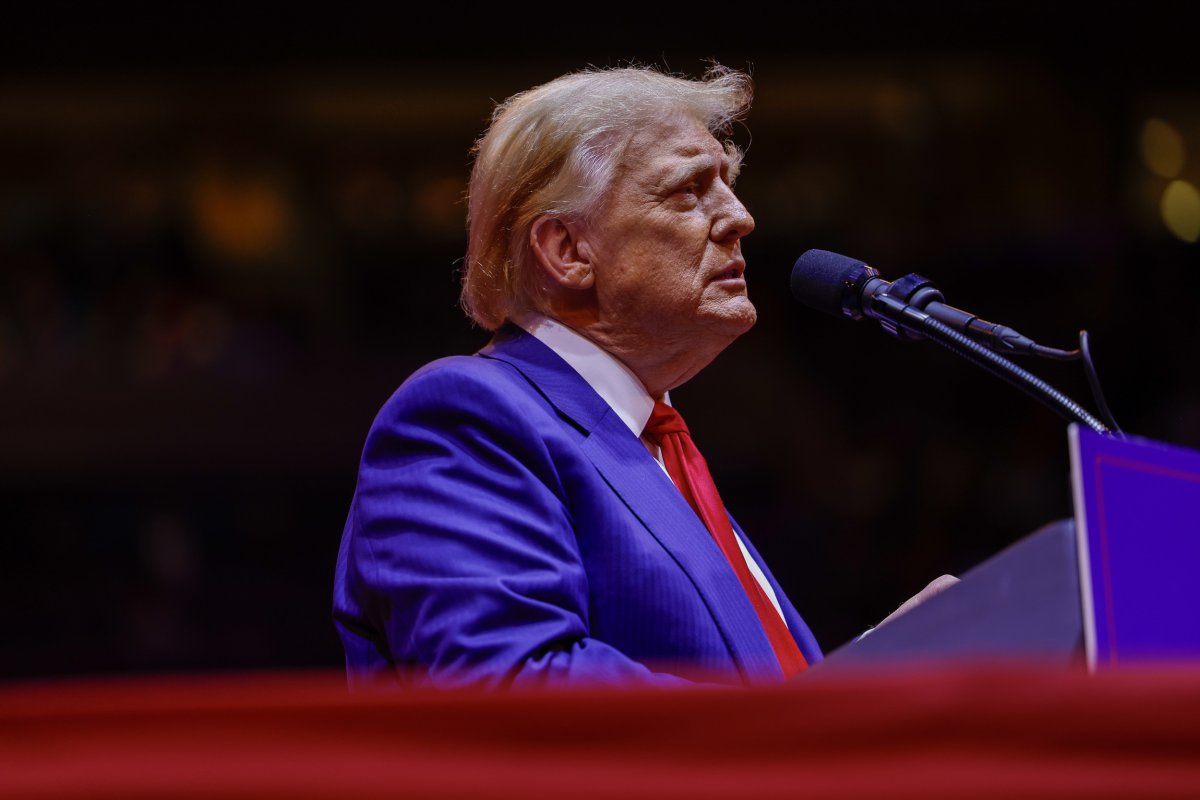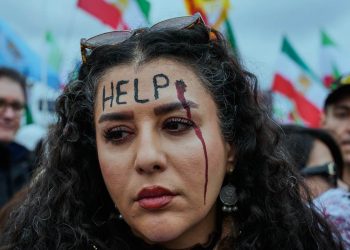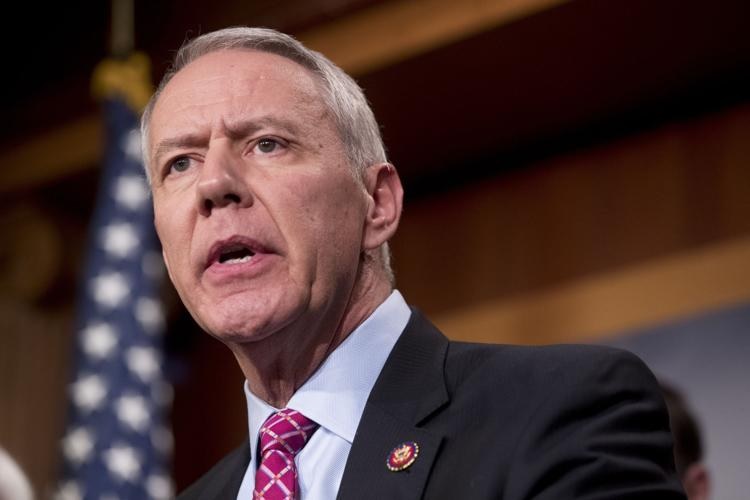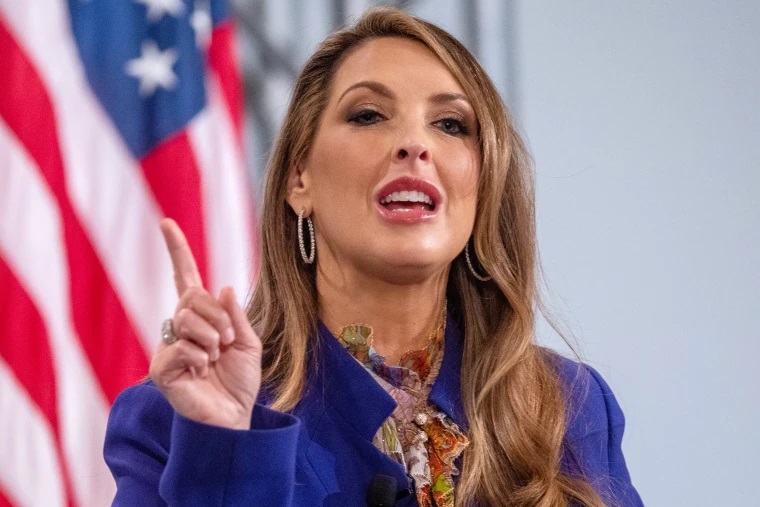Alexei Navalny has passed away at the age of 47. An outspoken dissident and prominent figure in the opposition movement against Russian President Vladimir Putin’s ruling party, Navalny died on February 16th while imprisoned in IK-6 Melekhovo, known as “Polar Wolf,” located in the Yamalo-Nenets autonomous district in northwestern Siberia.
Russian intelligence, believed to be responsible for an attempt on Navalny’s life in August 2020 through poisoning with a military-grade nerve agent, is suspected to have played a role in his demise.
During his time in the Russian Gulag, where he was serving a 19-year sentence on charges of extremism, Navalny corresponded with Natan Sharansky, a Soviet-era dissident who himself endured nearly nine years of imprisonment on fabricated charges of treason and espionage. These letters, which I assisted in translating from Russian to English, provided insight into Navalny’s mindset, the experiences of Russian dissidents like Navalny and Sharansky, and the harsh realities of the Russian Gulag system, established by a decree on forced labor camps in 1919.
The following are reflections drawn from this correspondence:
Within the Gulag system, the “punishment isolation cell” (known as SHIZO) represents the harshest form of punishment, featuring minimal comforts, extreme conditions, and arbitrary rules. Navalny recounted his own experiences in SHIZO, enduring 128 days in total, drawing inspiration from Sharansky’s resilience during his time in confinement.
Despite the oppressive conditions, Navalny maintained hope for a better future for Russia, noting the continued presence of the “virus of freedom” despite attempts to suppress it. He expressed confidence in the resilience of those advocating for freedom and against oppression, even in the face of imprisonment and threats.
Notably, Navalny’s sense of humor persisted even in the direst circumstances, with his lighthearted remarks about spending Holy Week in SHIZO highlighting his resilience and spirit.
Sharansky, in his responses, sought to uplift Navalny, praising his courage and determination in the face of adversity. He emphasized the importance of maintaining inner freedom despite physical confinement, recognizing Navalny’s influence on millions worldwide.
Tragically, Sharansky’s words also foreshadowed Navalny’s fate, acknowledging the high price he paid for his pursuit of freedom, including concerns for his health, family, and ultimately, his life.
 Telegram is where we really talk. Don't miss out!
Telegram is where we really talk. Don't miss out!

